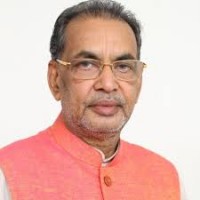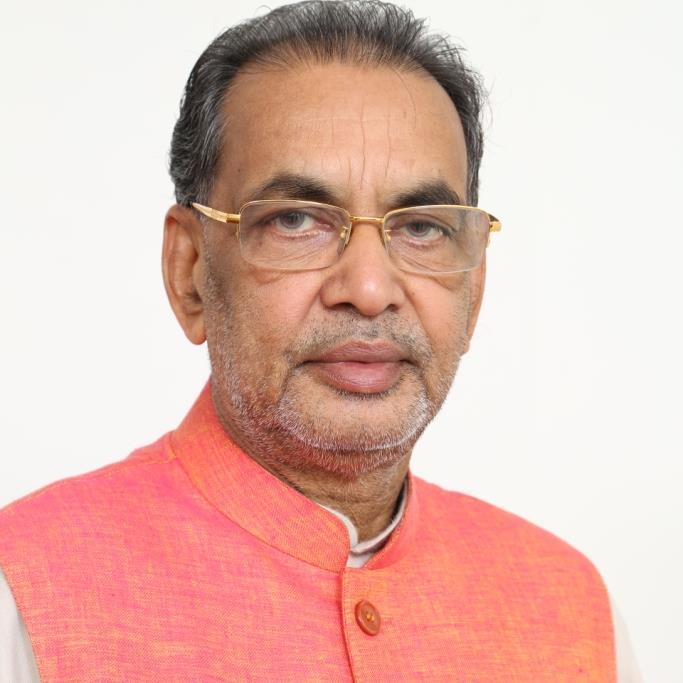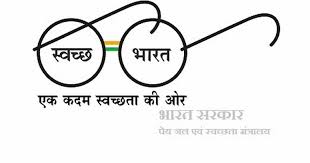The future looks promising for the global Aerospace & Defence (A&D) industry according to KPMG International’s latest survey report ‘Global Aerospace and Defense Outlook: The dawn of a new day’.Close to two-thirds of the senior executives who participated in the survey say they are confident or very confident about their companies’ growth prospects over the next two years. Aircraft OEMs and major defence contractors seem particularly upbeat about their growth strategy with 100 per cent of the respondents from larger organisations (those with global annual revenues of more than USD10 billion) feeling optimistic about their growth prospects.
According to the survey of 76 senior A&D executives from around the world, 41 per cent believe that growth will be an extremely high priority over the next two years. This is up from just 13 per cent last year.
That being said, KPMG’s Global A&D Outlook survey also clearly indicates that cost and performance management are still high on the agenda for A&D organisations (81 per cent are focused on improving cost and performance management). This suggests that many organisations are placing growth-oriented bets on new technologies and services while emphasising cost reduction and consolidation in their slower-growth or declining segments.
Doug Gates, KPMG International Global Chair, Industrial Manufacturing and Global Lead, A&D, comments: “A&D organisations will need to think about how they drive profitable growth in new segments while simultaneously managing costs within slower-growth segments. Executives are going to need to stretch their organisations outside of their comfort zone to explore new approaches and team up with new partners that can help to rapidly and cost-effectively exploit these emerging opportunities.”
Amber Dubey, Head of Aerospace & Defence at KPMG in India comments: “Given the pro-reform approach of the Indian government and recent changes in policies related to defence procurement and FDI, India is the place to be. The large orders placed by leading commercial carriers will lead to increased pressure from the Indian government on global OEMs to enhance their manufacturing and sourcing footprint in India, a la China. KPMG’s Global A&D Outlook provides key insights about the risks to watch out for and the likely mitigation tools.”
Shaping the portfolio
As A&D organisations prepare to take advantage of new and emerging opportunities, the KPMG Global A&D Outlook survey suggests that executives are exploring a wide variety of strategies and options to drive growth. Eighty-seven per cent of the respondents say they plan to change the range of products they offer over the next two years; 91 per cent say they plan to change the range of services that they offer.
Of those respondents that say they are planning to make changes to their product portfolio, almost half – 47 per cent – say they will make significant investments to launch one or more new products.
Accordingly, KPMG’s Global A&D Outlook reports that organisations expect to significantly ramp up investment into R&D. Indeed, whereas 30 per cent of respondents say they spent 6 per cent or more of revenues on R&D last year, 45 per cent now say they will spend at least that amount over the next two years. More impressive still is the fact that one-in-five respondents say they will spend more than 10 per cent of revenues on R&D over the next two years. Compare these numbers to those of 2014 when no respondents indicated an anticipated R&D spend rate in excess of 10 per cent.
Moving markets
With economies remaining sluggish and defence budgets flat in the mature markets, many A&D organisations are now looking to new foreign markets to generate new revenue. In fact, more than nine-in-ten of the A&D respondents say they plan to expand into new geographic markets over the next two years.
Aside from the quest for revenue growth, lower manufacturing costs are a major driver behind the non-domestic investments for half of the respondents. Additionally almost three-in-ten say that their foreign investment strategies are driven primarily by their desire to move closer to customers and to gain access to new markets.
A&D organisations based in North America were the most likely to say they are using their foreign investment to gain access to new markets. Respondents from India and China, on the other hand, were among the most likely to say they are looking for reduced manufacturing costs from their foreign investments.
Two-thirds of the non-U.S. based respondents say they will make investments in the U.S. and Canada. Sixty-six per cent of U.S.-based respondents say they will invest in India and 50 per cent say they will invest in mature ASPAC economies (including Japan, South Korea, Australia and Singapore).
Tom Mayor, National Service Group Leader, Industrial Manufacturing Strategy, KPMG in the US comments:
“A&D organizations are continuing to move manufacturing operations to the emerging markets – just think of Boeing and Airbus who have both recently opened final assembly lines in China – but as they do so, they are also thinking about how these investments help them better serve and attract the high growth regional markets. Moving from a ‘make in’ to a ‘sell to’ strategy for an emerging market requires a very different approach.”
Supply chain risks and innovation
Given the shift towards new products and new geographic markets, KPMG’s A&D Outlook shows that supply chain failure continues to be viewed as a major risk for A&D organisations with 87 per cent of respondents citing this as a major threat to achieving their growth agenda. Supply chain risk was ranked as the second greatest risk facing A&D manufacturers second to only concerns about the threat of another economic downturn.
However, less than one-in-ten of the respondents reported that they have visibility into their Tier 2 suppliers. Only around half of the respondents are able to claim that they have ‘enhanced visibility’ into their Tier 1 suppliers and some Tier 2 suppliers.
As Erich L. Gampenrieder, KPMG’s Global Head of Operations Advisory noted in the 2016 Global Manufacturing Outlook, “The best way to reduce the risk of supply chain failure is by achieving greater visibility, and managing it cross-functionally deeper into the end-to-end supply chain.”
While improved visibility will be key, A&D organisations are taking many steps to improve their supply chain’s flexibility and responsiveness. Almost two-thirds (64 per cent) of A&D respondents say they have plans to invest according to the demand to improve their supply chain operations. And 60 per cent say they will invest in supply chain analytics.
The rapid adoption of sensors and Internet of Things (IoT) technology is capturing significant attention and investment from supply chain leaders. Almost a third (32 per cent) of respondents said they would definitely be investing into IoT technologies for their supply chain. And an almost equal number said they would be prioritising data and analytics capabilities in order to support their evolving supply chain.
“A&D organizations are seeing massive opportunity that can be achieved – and value that can be delivered – by connecting their products and improving their value through IoT, sensors and new business models enabled by data and analytics,” adds Doug Gates. “The more advanced organizations are thinking about how they combine data from their sensors with external data sources to create even more value for their customers and more sustainable growth opportunities for themselves.”
About KPMG’s 2016 Aerospace and Defense Outlook
This report is based on a survey of 76 senior A&D executives conducted in early 2016 by Forbes Insights. Around half of the respondents are based in Europe and 21 per cent are based in the Americas. Almost one third of the respondents represent companies with annual global revenues of more than USD5 billion and 8 per cent represent organisations with revenues of more than USD25 billion.
To support the survey data, KPMG International conducted a series of interviews with leading A&D manufacturers around the world. Their experiences, combined with insights from KPMG member firms’ professionals around the world, provide valuable context for today’s manufacturers.
The full A&D Outlook can be downloaded at www.kpmg.com/











